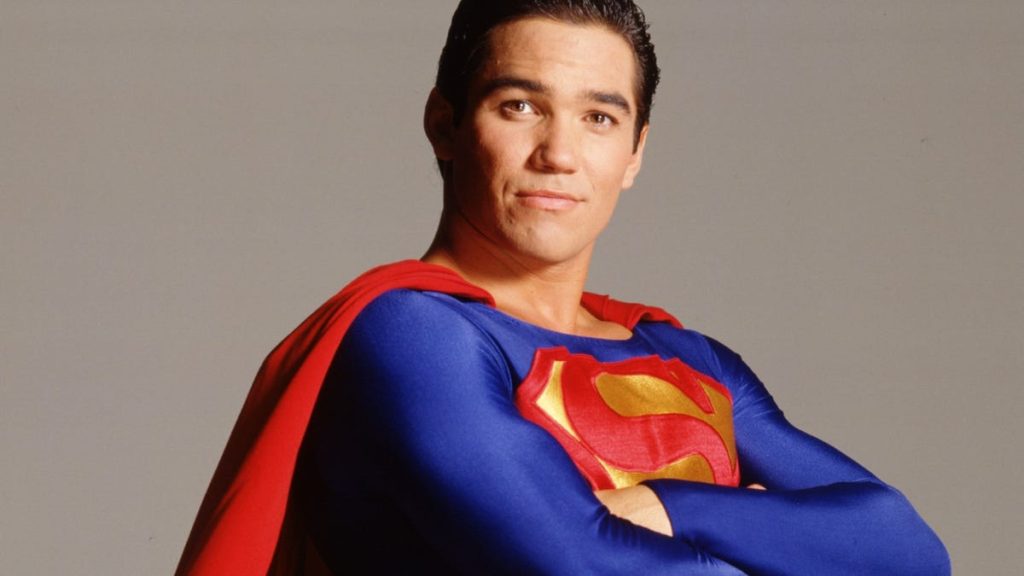The debate surrounding iconic characters like Superman is more relevant than ever, especially in light of comments made by director James Gunn regarding the superhero’s origins. For many fans, this conversation is not just about a character’s story but also about how modern interpretations reflect societal changes and political discourse. Recently, Dean Cain, known for his portrayal of Superman in the ’90s TV series Lois & Clark: The New Adventures of Superman, took issue with Gunn’s description of Superman as an “immigrant” character. This controversy has sparked renewed discussions about the essence of superheroes and how they align with or diverge from contemporary values.
The Context of the Controversy
In a recent interview with The Sunday Times, James Gunn stated that Superman embodies the American experience as “an immigrant that came from other places and populated the country.” This comment was met with criticism from Cain, who expressed concern that such character reinterpretations might alienate fans. In a video interview with TMZ, Cain argued that calling Superman an immigrant could negatively impact the film’s box office performance and suggested that it strays from the idealized narratives that Superman has traditionally represented.
Dean Cain’s Perspective
Citing a desire for characters to retain their original qualities, Cain voiced his concerns about Hollywood’s tendency to integrate current political ideologies into classic narratives. “I think that was a mistake by James Gunn to say it’s an immigrant thing,” Cain remarked. He believes that such changes could overshadow the timeless themes of truth and justice that Superman has long embodied. “I’m rooting for it to be a success,” Cain added, emphasizing that his apprehensions stem from a place of affection for the character. However, he feels that the reinterpretation of the American way into something he perceives as politically motivated compromises Superman’s legacy.
Cain’s views highlight a broader tension in contemporary storytelling: the struggle between tradition and evolution. As characters like Superman are reimagined for new audiences, some fans fear that the essence of these characters might be lost in the translation. Superman, who is often depicted as a symbol of hope and strength, is portrayed as an “alien,” and under U.S. immigration law, this classification undeniably makes him an “immigrant.” This aspect of Superman’s lore is indeed significant—whether or not it resonates with Cain’s vision of the character.
Cultural Reflections and Reinterpretations
Interestingly, the theme of immigration has long been a part of Superman’s narrative. In the TV show Smallville, there was an episode where Clark Kent confronts issues of identity and legality, explicitly referring to himself as “an illegal immigrant.” This moment serves to reinforce the idea that Superman’s backstory has always included elements of displacement and belonging, making the character’s journey one of integration and acceptance in a society that often grapples with similar themes.
The conversation surrounding Superman inevitably invites deeper reflections on how narratives evolve. Modern audiences are increasingly interested in stories that reflect their realities, including complex issues like immigration, identity, and belonging. Thus, while Cain’s perspective is rooted in loyalty to the character’s historical representation, it raises questions about who gets to define such characters in an ever-changing socio-political landscape.
Market Dynamics and Future Implications
The dynamics of how characters like Superman are portrayed can significantly affect market performance. With superhero films being a box-office powerhouse, the stakes are high for directors like Gunn. If audience responses to thematic shifts are negative, it can lead to a decline in ticket sales, merchandise purchases, and long-term brand loyalty. Box office trends indicate that superhero films with a strong connection to their foundational narratives tend to perform better. For instance, films in the Marvel Cinematic Universe that stick closely to character origins, like Spider-Man: No Way Home, have achieved significant box office success, grossing over $1.9 billion globally according to data on Statista.
As Gunn prepares for his take on Superman, he must balance the nostalgia of long-time fans like Cain with the expectations of a newer, more diverse audience. The success of his film will likely hinge on his ability to navigate this tension between honoring the character’s roots and innovating to resonate with contemporary issues.
In the end, while the debate surrounding Superman’s identity and portrayal may seem trivial at first glance, it encapsulates larger conversations about representation, legacy, and the ever-evolving nature of storytelling in our society. As the film approaches its release, one thing is clear: Superman’s journey continues to reflect and challenge the American experience.

